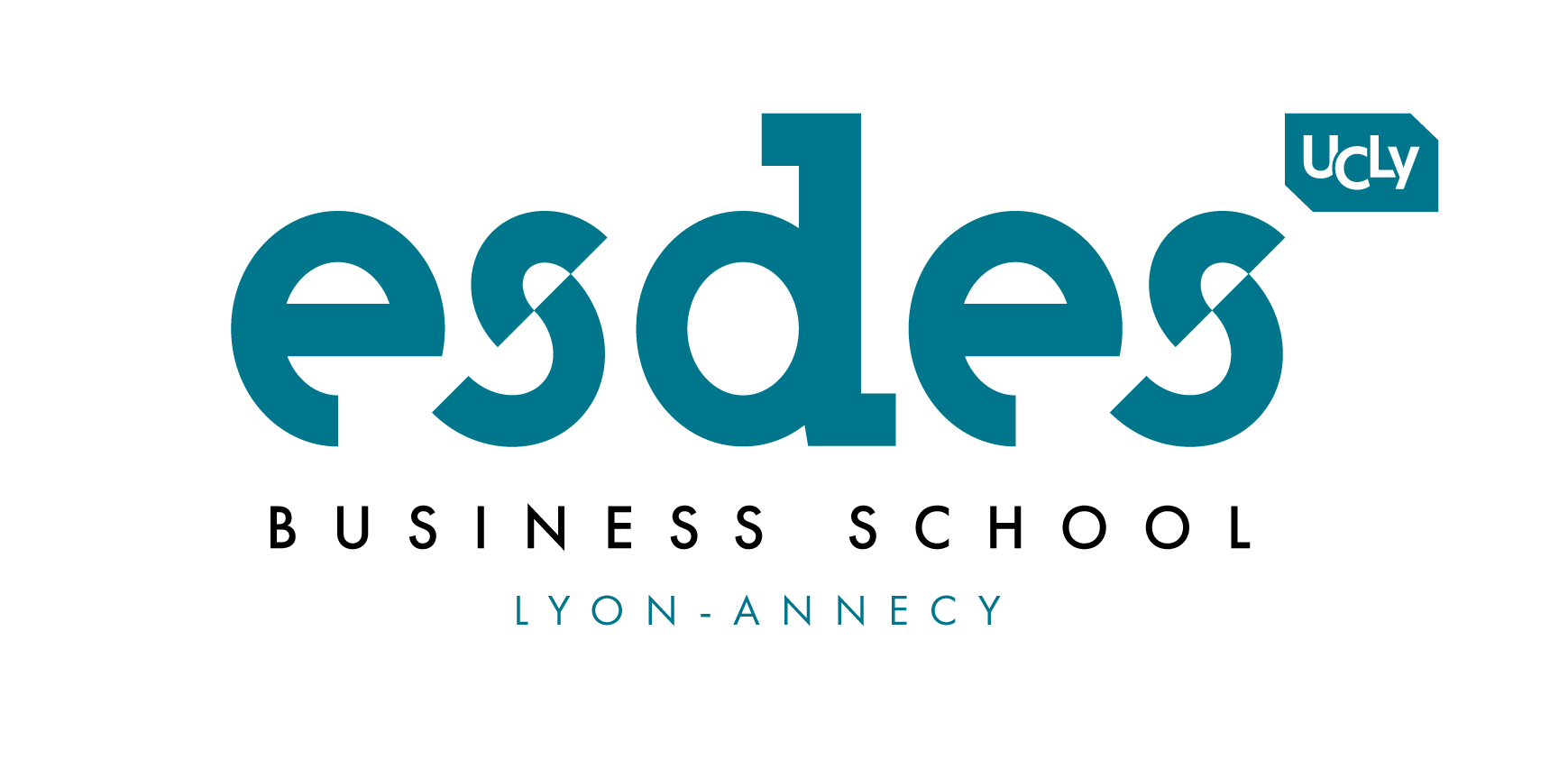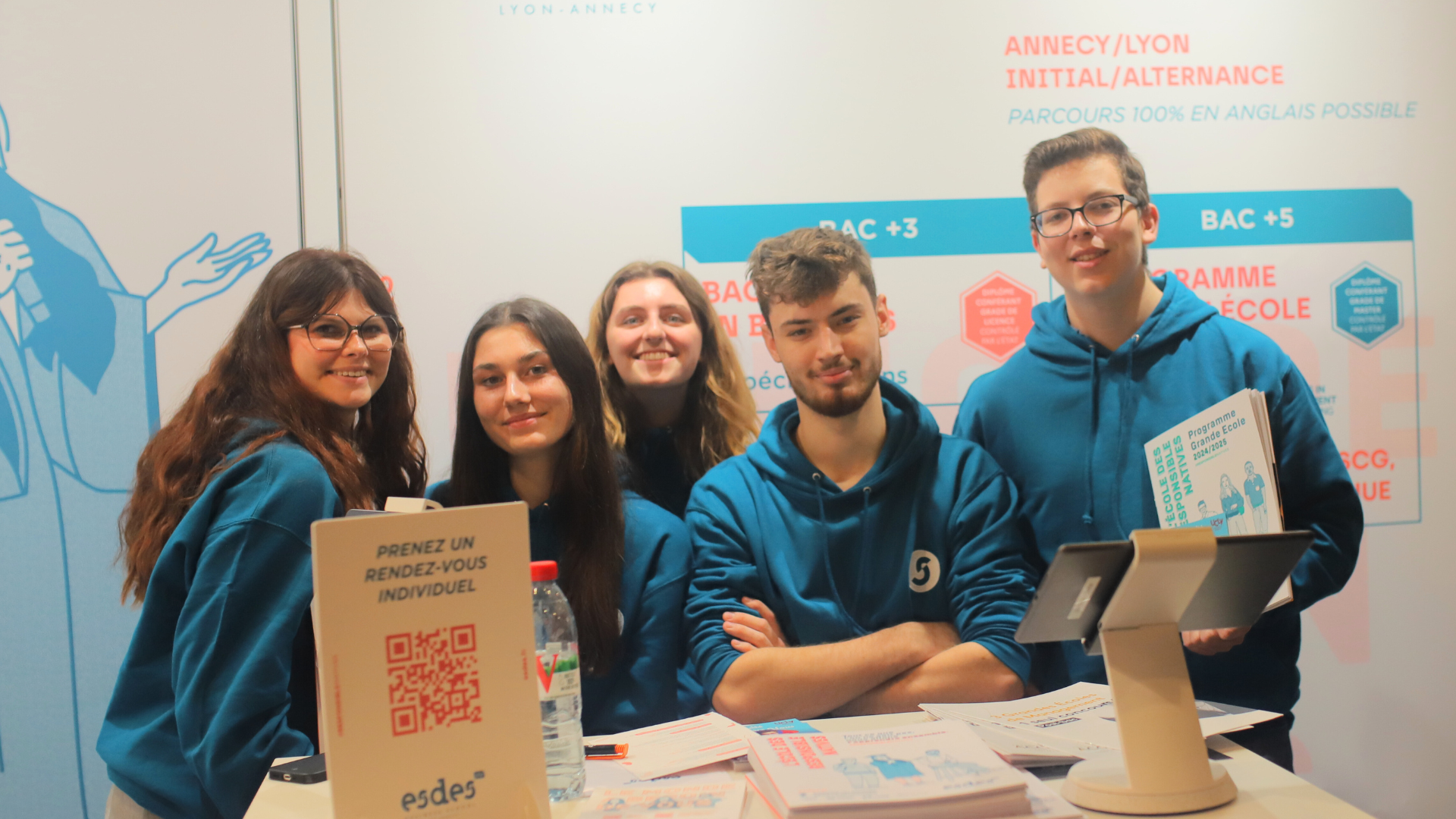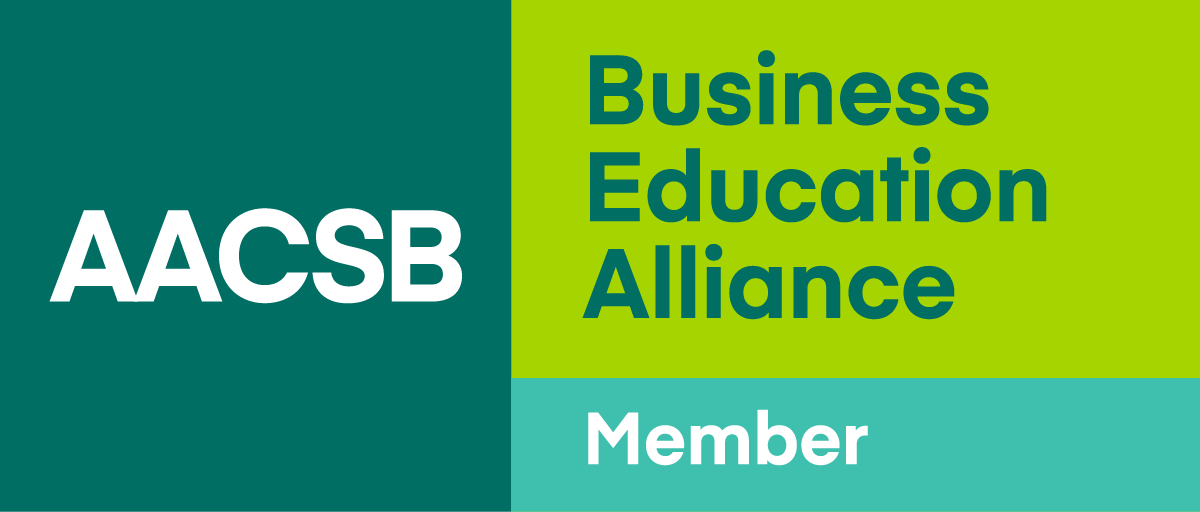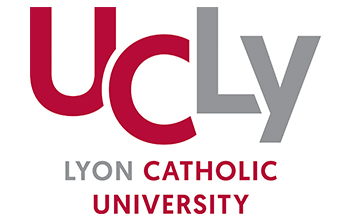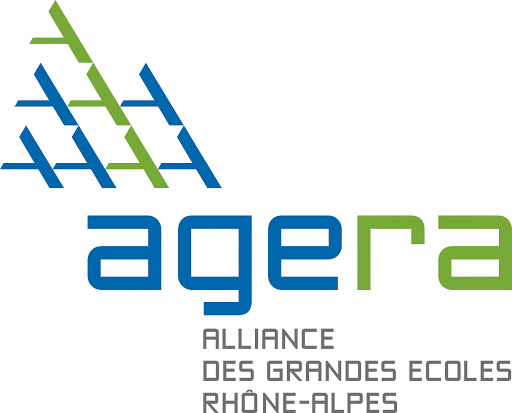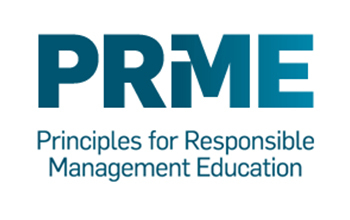- Homepage
- ESDES’s blog
- Orientation
- 5 essential steps to study abroad in France
Yulianna Poroshyna
5 min.
23 April 2025
Yulianna Poroshyna is an international student who came to France, at Esdes Business School to study in our Bachelor in Business. She wrote this article.
Studying abroad is an exciting and life-changing experience, but it requires careful planning and organization. When I decided to study at Esdes Business School in
France, I faced many challenges, from securing a visa to finding accommodation.
Here are five essential steps based on my own experience to help you navigate the process smoothly.
Choosing the right Business School and Program
Before applying, I spent a lot of time researching different business schools in France. I wanted a program that matched my academic goals and offered strong international student support. After attending virtual open days and reading student testimonials, I knew Esdes was the right choice for me.
My Advice:
- Check the admission requirements for international students early.
- Attend virtual open days or webinars—they help a lot!
- Don’t hesitate to contact the admissions office; they’re very helpful.
Why I chose Esdes?
I chose Esdes because of its strong international focus, excellent support for international students, and the opportunity to study in Lyon, a vibrant student city. The school offers a dynamic learning environment with a mix of theory and real-world application, making it the perfect fit for my career aspirations. Additionally, the various student services, such as visa assistance, housing support, and the Buddy Program, reassured me that I would have the help I needed to adapt quickly to life in France. The school’s reputation, accreditations, and business partnerships also played a significant role in my decision.
If you follow this link you will learn more.
Preparing the application and Visa documents
The application process required me to submit my academic transcripts, a motivation letter, recommendation letters, and proof of language proficiency. The most challenging part was applying for my student visa.
For France, this involved:
- Registering on Campus France (a must for many non-EU students).
- Collecting documents like my passport, acceptance letter, and financial proof.
- Scheduling an appointment at the French consulate.
- Attending an interview and waiting (impatiently) for approval.
My Advice:
- Start early! Visa applications take time, and delays are common.
- Make a checklist of required documents so you don’t forget anything.
- ESDES provides step-by-step guidance on the visa and residence permit process, including details about the VLS-TS student visa, which allows students to stay in France for more than 90 days and needs validation within three months of arrival.
For more details, check out this Esdes resource
Finding accommodation in France
One of my biggest concerns was finding a place to live. Student residences were in high demand, so I had to explore private apartments. It was stressful, but after searching on platforms like Studapart and Leboncoin, I finally found a great place!
My Advice:
- Apply for housing as soon as possible—don’t wait until the last minute.
- If possible, ask for a virtual tour before signing a contract.
- Check if your landlord requires a French guarantor (this was tricky for me!).
Esdes offers a Housing Support Service, helping international students find accommodation, whether in student residences or private rentals. They also provide guidance on CAF (housing financial aid), which helps reduce rent costs.
You can find more information here.
Setting up essential services: phone, bank account & health insurance
Once I arrived in France, I had to handle a lot of administrative tasks. Getting a French phone number was easy (I chose Free Mobile), but opening a bank account took longer than expected. I also had to register for student health insurance.
My Advice:
- Consider online banks like N26 for an easier setup.
- Ask your school’s international office for help; they can guide you through the process.
- Be patient—some things take longer than expected!
- In France, international students must register with Social Security (Assurance Maladie) for free healthcare coverage. Esdes provides guidance on this, as well as information on private health insurance options for extra coverage. For health insurance and medical coverage information, visit this Esdes page
Adjusting to French culture and practical life
Moving to France was exciting, but adapting to a new culture took time. At first, I
struggled with the language barrier, but joining student associations helped me meet people and integrate faster. Also, simple things like grocery shopping or understanding French bureaucracy were initially confusing, but I learned quickly!
My Advice:
- Use apps like Duolingo or Babbel to improve your French before arriving.
- Get involved in student associations—it makes a big difference!
- Be open-minded and embrace cultural differences.
Esdes has a Buddy Program where international students are paired with local students for easier integration. They also offer guidance on cultural adaptation, administrative support, and practical tips for student life. Learn more here.
Final thoughts
Moving to France for business school was one of the best decisions I’ve made. It wasn’t always easy, but with good preparation and the right mindset, it became an incredible journey. If you’re planning to study abroad, start your preparations early, stay organized, and most importantly—enjoy the experience of living and studying in France
